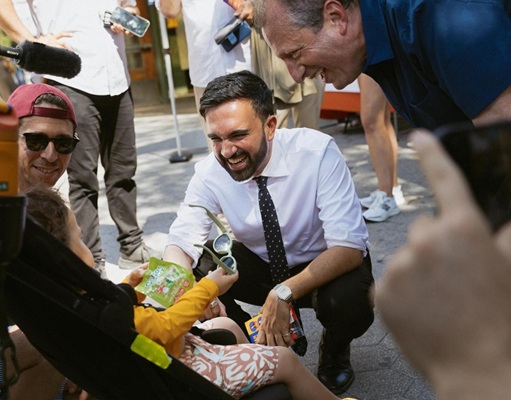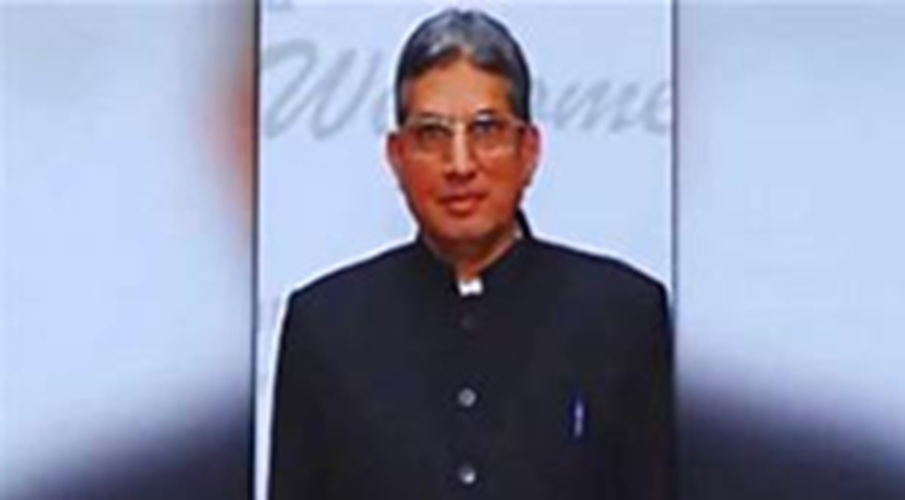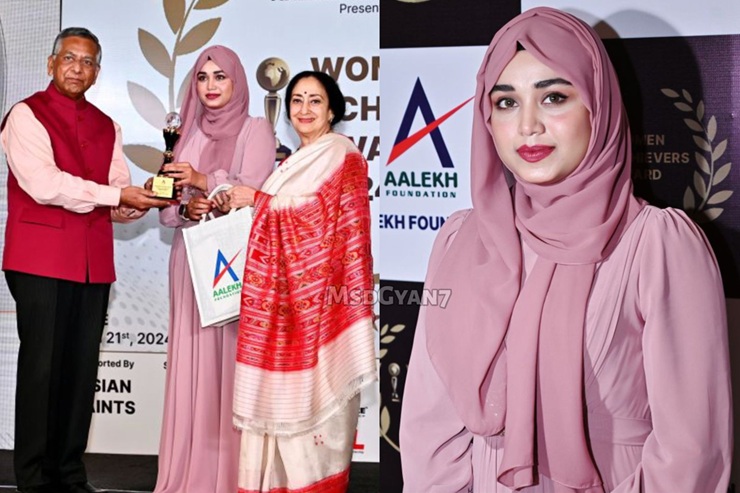New York City, June 27, 2025 – Zohran Mamdani, a 33-year-old New York State Assemblyman of Indian-Ugandan descent, has emerged as a frontrunner in the 2025 New York City mayoral race, securing the Democratic primary nomination after a stunning upset against former Governor Andrew Cuomo. Among his most ardent supporters are Indian-origin Muslims, a significant and growing demographic in the city’s diverse electorate. This community’s enthusiastic backing stems from a combination of Mamdani’s shared identity, progressive policies, and targeted outreach that resonates deeply with their lived experiences.
A Historic Candidacy: Representation Matters
For many Indian-origin Muslims, Mamdani’s candidacy represents a historic milestone. If elected in November 2025, he would become New York City’s first Muslim and first South Asian mayor, a prospect that has galvanized the city’s estimated 750,000 Muslims, including a substantial South Asian population. “We have a chance to tell the world that Muslims don’t just belong in New York City but that we belong in City Hall,” Mamdani declared, a sentiment echoed by supporters who see his rise as a powerful affirmation of their place in American society.
Mamdani, born in Kampala, Uganda, to an Indian-Muslim father, Mahmood Mamdani, and Indian-American filmmaker mother, Mira Nair, embodies the immigrant narrative familiar to many in the community. His family’s journey from Uganda to South Africa to New York City mirrors the diasporic experiences of Indian-origin Muslims, fostering a sense of kinship. “He’s one of us,” said Tanveer Malik, a Richmond Hill resident, emphasizing Mamdani’s ability to understand the struggles of immigrant communities.

Policy Resonance: Addressing Affordability and Equity
Mamdani’s platform, centered on affordability and economic justice, strikes a chord with Indian-origin Muslims, many of whom face economic challenges in neighborhoods like Jackson Heights, Richmond Hill, and Parkchester. His bold proposals include freezing rents for over 2.4 million rent-stabilized units, introducing free city buses, establishing city-owned grocery stores to combat food insecurity, and providing universal childcare. These policies directly address the high cost of living that disproportionately affects working-class immigrant communities, including South Asians with poverty rates higher than the city average (22% for Bangladeshis and 21% for Pakistanis, compared to 19% citywide).
Dr. Habib Joudeh, a Palestinian-American in Jackson Heights, praised Mamdani’s focus on systemic change: “It’s not just because he’s Muslim. It’s because he represents change for our neighborhoods.” Mamdani’s history of advocacy, including a 2021 hunger strike alongside South Asian taxi drivers to secure $450 million in debt relief, further cements his credibility as a champion for marginalized groups.
Cultural Connection: Speaking to the Diaspora
Mamdani’s campaign has masterfully leveraged cultural touchstones to connect with Indian-origin Muslims. His viral social media videos, often infused with Bollywood references and delivered in Hindi and Urdu, have lit up South Asian family WhatsApp groups. A notable ad featuring Mamdani striking the iconic “SRK pose” (inspired by Bollywood star Shah Rukh Khan) while discussing affordability in Hindustani resonated widely, earning praise for speaking “from the diaspora” rather than just to it.
His visits to mosques, gurdwaras, and community events like “Chai with Zohran” in Queens and the Bronx have further deepened ties. Saman Waquad, president of the Muslim Democratic Club of New York, noted that “thousands of Muslims are volunteering for Zohran to help get out the Muslim vote and beyond,” highlighting the campaign’s success in mobilizing community members who rarely engage in primaries.
Navigating Identity and Controversy
Mamdani’s Muslim identity and vocal support for Palestinian rights, including his endorsement of the Boycott, Divestment, and Sanctions (BDS) movement, have made him a polarizing figure. While these stances have drawn criticism from some Jewish leaders and opponents like Cuomo, who accused him of fueling antisemitism, they have also energized Indian-origin Muslims who feel their concerns about global justice are being heard. Mamdani has countered allegations of antisemitism by emphasizing his commitment to nonviolence and rejecting hate, tearfully recounting death threats he’s received, such as messages stating, “The only good Muslim is a dead Muslim.”
For many in the community, his willingness to stand firm despite Islamophobia is a point of pride. “He’s not hiding who he is,” said Sumya Hoque, a 20-year-old from Jackson Heights, who followed Mamdani’s campaign via a 300-person group chat. “He’s showing us we don’t have to stay in the shadows.”
Building a Broad Coalition
While Indian-origin Muslims form a core base, Mamdani’s appeal extends beyond religious and ethnic lines, drawing support from young progressives, Black and Hispanic voters, and even some Jewish New Yorkers through cross-endorsements with candidates like Brad Lander. His campaign’s 30,000 volunteers and over 20,000 small-dollar donors reflect a grassroots movement that has shifted the political paradigm. Political strategist Amit Singh Bagga noted, “Zohran has demonstrated the ability to capture and repeat back to New Yorkers what the experience is of being a New Yorker today.”
Looking Ahead
As Mamdani prepares to face Republican Curtis Sliwa and possibly Cuomo as an independent in the November 2025 general election, Indian-origin Muslims remain a vital part of his coalition. Their support is not just about shared identity but a belief in his vision for a more equitable New York. As Bilquees Akhtar, a Queens resident, put it, “My kids were texting me nonstop to vote for him. He’s giving us hope for a city that works for us.”
With New York City’s Democratic leanings and Mamdani’s momentum, the prospect of a Muslim, South Asian mayor is closer than ever, marking a transformative moment for Indian-origin Muslims and the city at large.
With media inputs






0 Comments